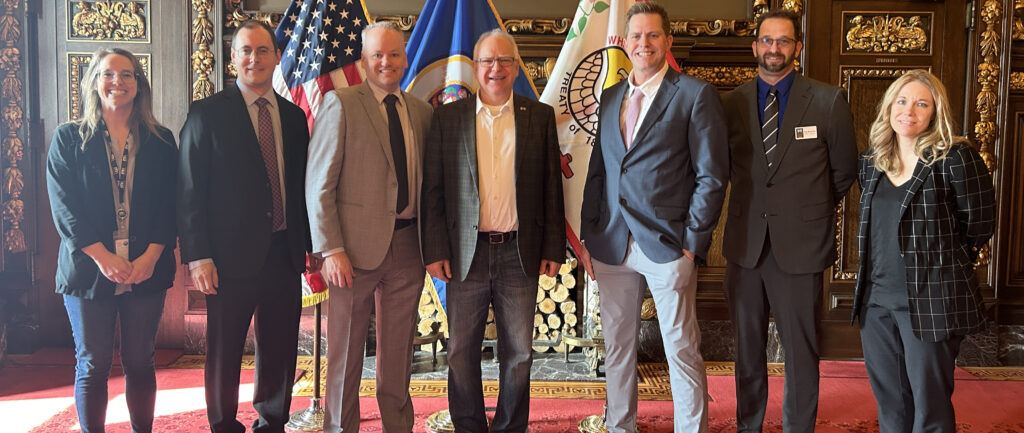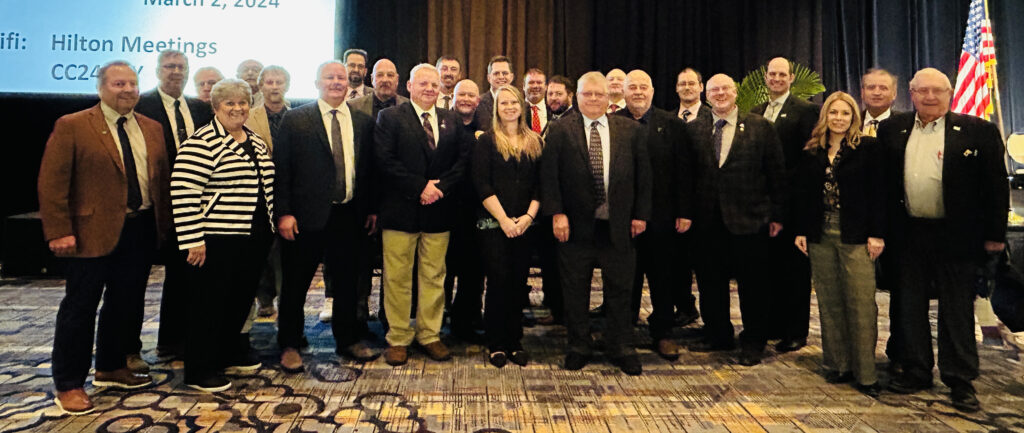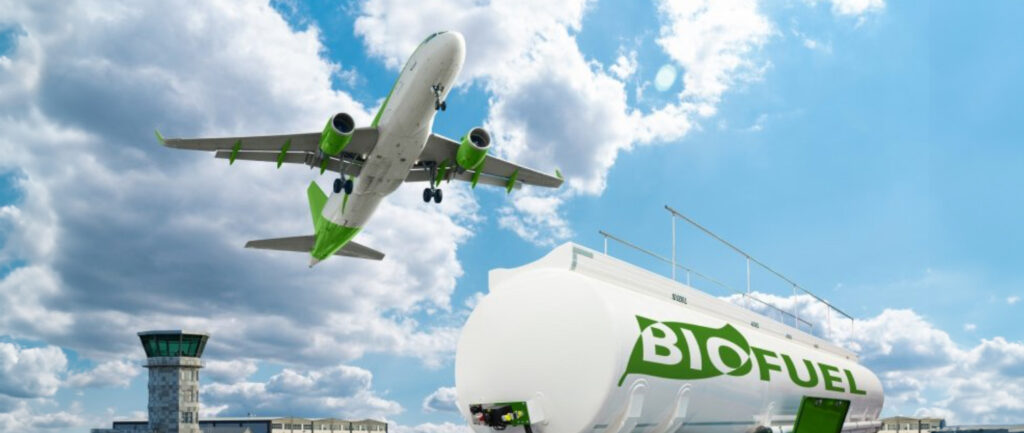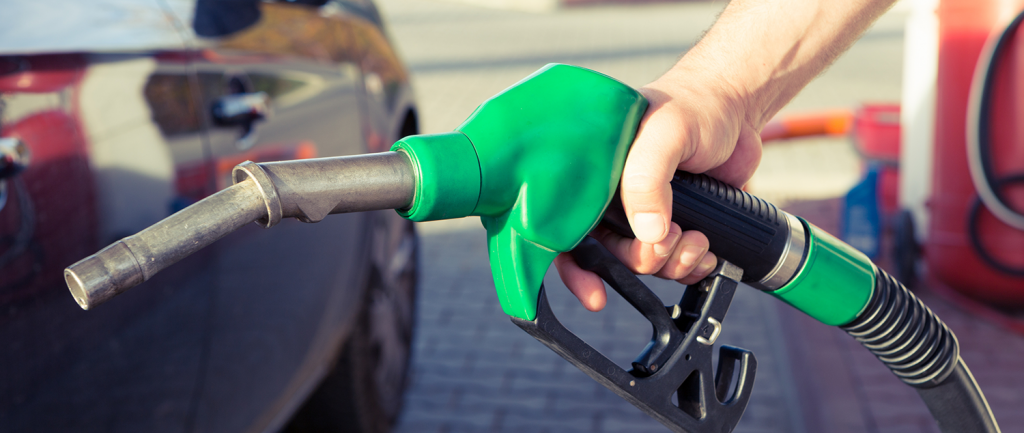Republican and Democratic officials appeared on the second episode of the Minnesota Soybean Growers Association’s Spill the Beans webinar on Tuesday to discuss their respective stances on Gov. Walz’s proposed Clean Cars rule.
Sen. Nick Frentz (DFL-North Mankato), who serves on both the agriculture and energy committees, said Minnesota “should do its share” to reduce carbon emission after failing to reach emission targets the state set in 2007. The U.S. is about 4 percent of the world population, but accounts for about 15 percent of carbon emissions, Frentz said.
“I like the debate on what our share is, but the evidence is that we’ve got to do more,” he said.
A bipartisan group of legislators in Minnesota agreed to cut emissions by 30 percent by 2025. The state is currently at just 8 percent. According to estimates, the Clean Cars rule would move electric vehicle share of the total vehicles in the state from 2 percent to 7 percent by 2030.

“We aren’t meeting those goals,” Frentz said. “We’ve got to make a bold move to reduce these emissions.”
Frentz challenged MSGA members to look at how Minnesota farmers and biofuels producers can be a part of reducing emissions.
“That’s what I went MSGA members to look for – the ‘sweet spot,’” Frentz said. “We want the next generation to be MSGA members. … Younger Minnesotans are more interested in climate change issues.”
Leaders, not followers
MSGA opposes the proposal as it currently stands. In January, MSGA President Jamie Beyer testified against the proposal to lawmakers, arguing that Minnesota should not adopt the regulatory energy practices of California to implement greenhouse gas goals. MSGA believes the Clean Cars mandate would leave farmers and agribusiness in regulatory limbo, stunt the environmental progress Minnesota has already made and increase the cost of vehicles for rural residents. According to Sen. Bill Weber, who also appeared on the webinar, the average price of vehicles could increase by $1,300 if the rule went into effect, placing the burden on low-income Minnesotans.
“There is no room in ‘One Minnesota’ for California,” Beyer wrote in her virtual testimony. “Minnesota has been a leader in reducing greenhouse gas emissions through our own rules and regulations and should remain a leader, not a follower, in this arena.”
Weber criticized the Walz administration and the Minnesota Pollution Control Agency (MPCA) for bypassing the legislative process in proposing the Clean Cars rule. Frentz conceded the rule likely wouldn’t pass both chambers of the Legislature, but added he’d prefer the rule was supported by both parties. Fourteen states have already adopted a Clean Cars rule.

“I think rulemaking is being misused by the governor and the (MPCA),” said Weber, vice chair of the Environment and Natural Resources Policy and Legacy Finance Committee. “Using rulemaking to implement policy changes is a dangerous thing.”
The two legislators did reach a bipartisan agreement. Frentz said an “all of the above” energy approach is best for Minnesotans, and Weber concurred.
“The reality is our entire energy picture needs to be a combination of everything,” said Weber, whose district in far southwestern Minnesota is home to the most wind towers in the state. “We need to remember that (energy) reliability is key.”
Overlooking biofuels
Matt Herman, director of environmental science at the National Biodiesel Board, opened the hour-long webinar with a presentation on the pros and cons of the Low Carbon Fuel Standard (LCFS) and the Clean Cars rule. The LCFS is a technology-neutral policy to reduce transportation emissions and takes a more market-based approach; the Clean Cars rule is an aggressive zero-emission standard requiring manufacturer sell more electric vehicles.
“There are limitations to this program, and it is complex,” Herman said.
The webinar arrived on the heels of General Motors’ announced goal to transfer to all electric vehicles. Herman called GM’s declaration “aspirational,” and predicted the company will pass on any additional regulatory costs to the customer.
“They’re going to continue to make diesel trucks because they recognize that’s what going to be needed in that space, and they just don’t have the electric power training to get it done,” Herman said.
Herman warned electric cars in Minnesota will have difficultly enduring the winter months – a roadblock he said MPCA will need to address, along with additional infrastructure upgrades.
“We know that electric vehicles can lose between 40 and 70 percent of their efficiency,” he said. “When I make that car half as efficient, that means it’s twice as dirty going down the road. I think the state really needs to look at what the climatic driving patterns are going to be with this rule.”
Herman said it’s broadly accepted that electric cars will become more viable in the marketplace but added state and federal governments have used outdated research and underplay the role biofuels can play in reducing emissions.
“Electric vehicles are coming, and they are a key policy solution,” Herman said, “(but) I do feel like biofuels are being overlooked and aren’t getting the credit they deserve.”
An administrative hearing takes place Feb. 22-23. The Clean Cars proposal is open for public comment through mid-March. The next episode of Spill the Beans airs next Tuesday at 9 a.m. and features a discussion on Agronomic and Management Considerations for Soybean Seed Selection. Each episode airs on Zoom and is livestreamed and archived on MSGA’s Facebook page. Register for Spill the Beans here today to become eligible for a gift card.





